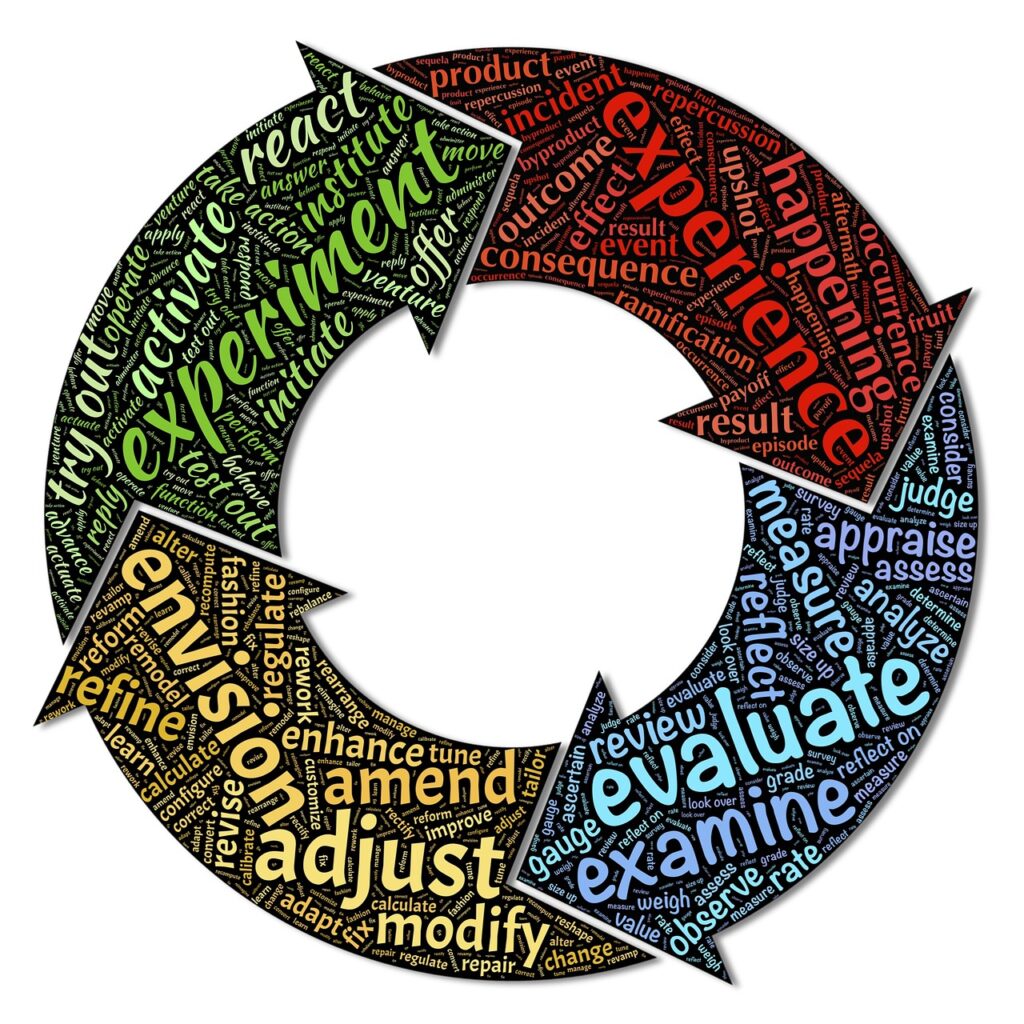*** Note: This blog was written by our former Director of Marketing Preston Simmons.
Grief is a part of life that every individual experiences in some way and at some time during their life. Learning to cope with that difficult emotion is vital to our mental wellbeing and to honoring the legacy of the person, event, lifestyle or other thing that was lost. The past 2 weeks, our Friday Focus Facebook Live video was the second part of a 2 part series about grief. This episode featured our Director of Public Relations Jane Smith, our Mental Health Team advisor Danielle Dionne, QMED and Hayley Yarish, a counselor and Master Practitioner of Clinical Counseling and Grief. We at Peace360 encourage everyone to learn to grieve in safe and productive ways so that healing can be obtained, even amid difficult experiences. If you feel comfortable doing so, consider sharing your feelings of grief with a close friend or family member so that you can talk through those emotions, receive support from someone else and begin the 6 Stages of Grief so that you can heal from that event.
How to Break a Linear Mental Cycle

During this Friday Focus episode, Hayley highlighted the fact that even though a certain process has numbered steps, that does not mean that the steps need to necessarily be followed in order, especially when it comes to caring for our mental health. Regarding grief, she explained that “Some people feel like they aren’t grieving properly because they think that the stages of grief are a linear process… those stages were never meant to be a linear process”. Psychologenie.com defines linear thinking as:
“[A] way of thinking in which we consider an idea or a process to begin from a point, follow a series of connected steps, and end at a point. It is thinking that whatever starts must end, and not continue further after that”.
Hayley’s statement prompts the question: Why does the brain use linear procedures to understand information and make decisions? IncerceptingHorizons.com explains that: “Our minds have been conditioned to think of growth and change in linear terms because that is what we are familiar with… We are not used to seeing situations where things change gradually, then suddenly at unexpected speed”. This linear thinking allows us to complete tasks quickly, efficiently and with the least amount of mental strain, so it makes sense why we would automatically treat the grieving process in the same way.
Because a tragedy that causes grief is difficult to deal with and is difficult because it strains us in those ways, it makes sense that we would want to get through the process as quickly as possible while sparing ourselves emotionally and mentally. However, while experiencing such an important process, we should take each step with care and should take however much time we need to process and work through each step of the 6 stages of grief. If we work through this process too quickly, we may reach the final step of finding meaning and expect to see results that may not appear yet because we have not taken the time to heal by utilizing the previous 5 steps.
Hayley also explained during this past week’s Friday Focus that “the grieving process is individual” and our Mental Health advisor Danielle Dionne, QMED, reminded us that
“There [are] all kinds of grief happening [during the COVID-19 pandemic]. Hayley supported Danielle’s statement by saying that “Grief is not just death. There are tons of ways that we can experience grief. Loss of normalcy, the loss of certainty, the loss of freedom etc.”.
When we recognize that we are allowed and encouraged to experience other types of grief, we will be able to properly go through the grieving process even for life changes that are not tragic. Applying the 6 Stages of Grief to a non-traumatic event will allow us to heal from that loss in a way that will help us eventually find meaning amid that specific occurrence. A couple of additional examples of non-traumatic events that we may grieve for are when we move away from close friends or family and miss that past part of our lives. We will also recognize that other life changes also impact us and that we need to focus on what situations are important to us, no matter what type of situations they are.
How Depression and Grief Can Coexist

The fourth step of the 6 Stages of Grief is depression. This step is one that anyone goes through during these 6 steps, whether they have a diagnosed form of depression or not. This step is different for everyone and the effects of this step will look different from someone else’s experience. Danielle mentioned that “In grief, depression is a way for nature to keep us protected by shutting down our nervous system so that we can adapt to something we feel we cannot handle”. This natural protection can be very useful because it allows us to redirect energy into focusing on healing.
Additionally, as Jane clarified how this step can help anyone through this process as a whole by saying that “Depression is crucial to healing because it allows us to deal with feelings and move past them”. Just because we move past a feeling does not mean that it is not important or that it should be forgotten about or ignored later on. If you feel a sad feeling or angry feeling after going through these steps when you remember a specific triggering event, please take some time to process and feel the emotion instead of trying to ignore it or immediately replace it with a positive thought. You should take time to feel how you are feeling in the moment, identify why you are feeling that way, and think of ways that you can process that emotion in a healthy way.
and think of ways that you can process that emotion in a healthy way.
The 6 Stages of Grief along with this information about why we process events in linear ways and how depression and grief can coexist within us. Jane provided some very impactful advice about how we can each practice the sixth step of finding meaning, in addition to any steps that we decide to implement ourselves. Jane’s advice about celebrating someone’s life or impact on us is that “You don’t need to completely move on, you celebrate it and don’t forget them”. Remembering a person who was close to us will aid us in our own endeavors by reminding us of the values that that person believed in and practiced during their life so that we can continue to implement them on our own. As an organization, it is Peace360’s mission to help individuals find helpful resources to improve their mental health and to better their lives by caring for themselves in healthy ways.
————————————————————–
This Friday, March 12th at 9:00 am (Pacific Time), our Friday Focus on Facebook Live will be about the power of kindness! We hope to see you there! Click on the links below to follow us on social media!
Facebook: Peace360 Initiative
Instagram: Peace360 Initiative



Comments are closed